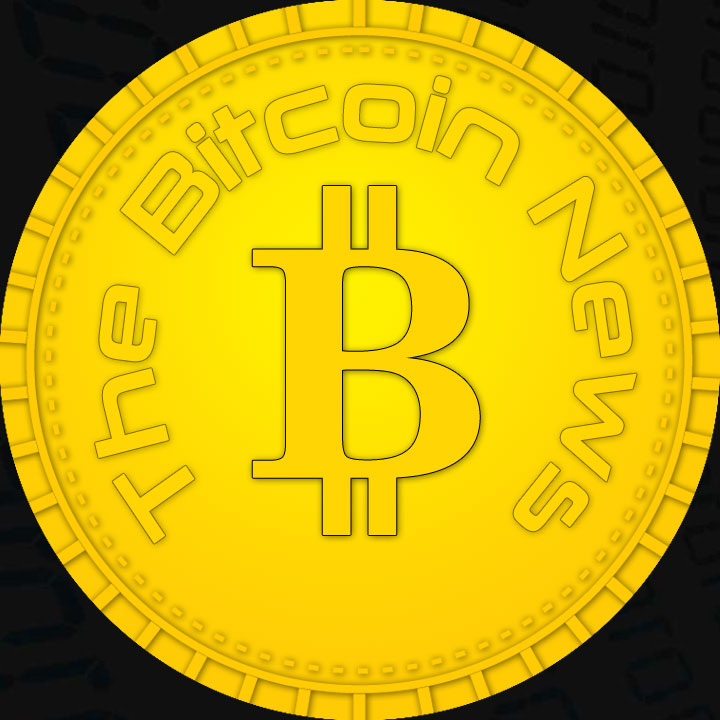Anyone wondering how serious China is about stemming the outflows that brought its currency reserves to their lowest since February 2011 need only to look at bitcoin.
The cryptocurrency has plunged more than 18 percent since Jan. 4, as news began to leak that it had attracted the attention of regulators in China. The Shanghai branch of the People’s Bank of China and the city’s financial office met with bitcoin exchange executives and admonished them to deal with “abnormal fluctuations” in prices, according to a central bank statement on Friday. The State Administration of Foreign Exchange has also scrutinized several bitcoin platforms to understand how the digital currency can be used to transfer assets overseas, QQ.com reported.
Two days before the string of warnings, bitcoin had hit $1,140, close to its highest level ever, before closing the day at $1,091.
It’s unclear how widespread the use of bitcoin is to circumvent China’s rules on moving money offshore. What is clear is that, for all the claims of bitcoin being free from the shackles of any central authority, Beijing holds a lot of influence over it.
China is home to two-thirds of bitcoin mining power and 98 percent of trades in the past six months were conducted using yuan. The irony should not escape bitcoin’s libertarian cheerleaders: The currency may not be issued by any government but is effectively under the control of the world’s most powerful single-party system.
The joke appears to be on investors now, as China’s government focuses on keeping its money at home. The nation’s foreign-exchange reserves fell to $3.01 trillion at the end of December, eroded by government efforts to stem the yuan’s steepest annual slide in more than two decades.
The reality, in any case, is that bitcoin is a terrible tool for anonymous transfers. Unlike paper money, transactions in the digital currency can be traced back to the original owner. If a bitcoin exchange hands over data on its clients, authorities can easily tell whether they have been moving money out of the country.
The reason why many Chinese investors may have chosen to use bitcoin to move money across borders is because it remains a tiny part of the financial system. The total supply of bitcoin (which has yet to be reached) is capped at 21 million coins. At $1,000 apiece, that’s a notional value of $21 billion — or less than 0.7 percent of China’s remaining foreign-exchange reserves.
Such a small and funky outlet for capital outflows would barely merit the PBOC’s attention, the thinking may have gone. Clearly, that reasoning was wrong.
Beijing is so serious about plugging the leaks that no target is too small now.
This column does not necessarily reflect the opinion of Bloomberg LP and its owners.
To contact the author of this story:
Christopher Langner in Singapore at clangner@bloomberg.net
To contact the editor responsible for this story:
Matthew Brooker at mbrooker1@bloomberg.net

TheBitcoinNews.com – Bitcoin News source since June 2011 –
Virtual currency is not legal tender, is not backed by the government, and accounts and value balances are not subject to consumer protections. TheBitcoinNews.com holds several Cryptocurrencies, and this information does NOT constitute investment advice or an offer to invest.
Everything on this website can be seen as Advertisment and most comes from Press Releases, TheBitcoinNews.com is is not responsible for any of the content of or from external sites and feeds. Sponsored posts are always flagged as this, guest posts, guest articles and PRs are most time but NOT always flagged as this. Expert opinions and Price predictions are not supported by us and comes up from 3th part websites.
Advertise with us : Advertise
For the latest cryptocurrency news, join our Telegram!











